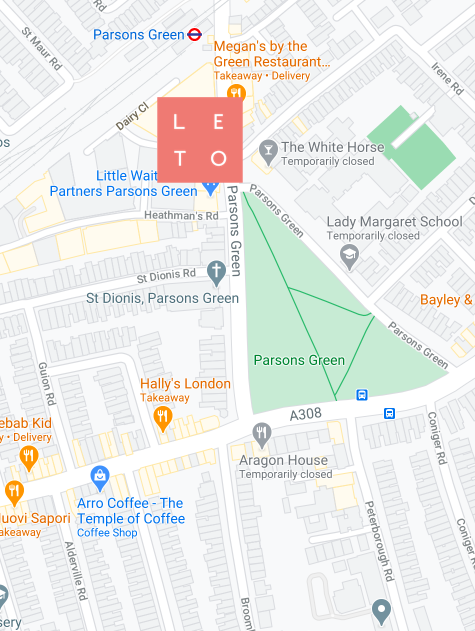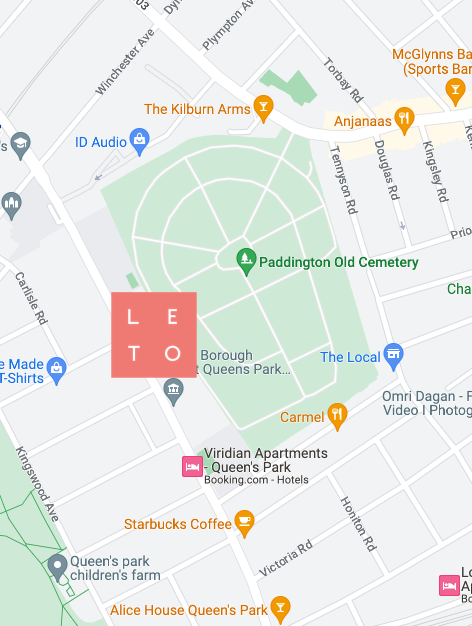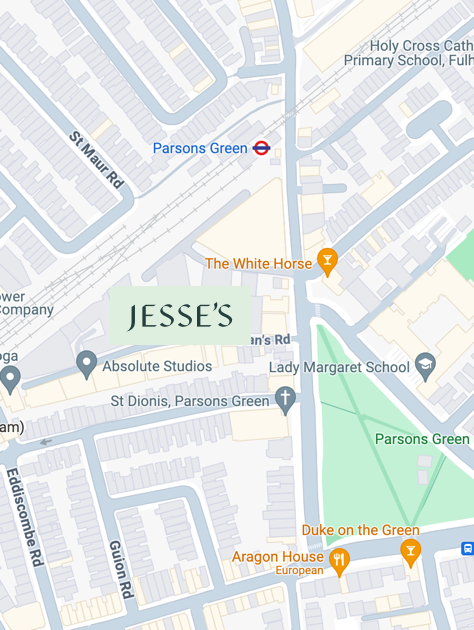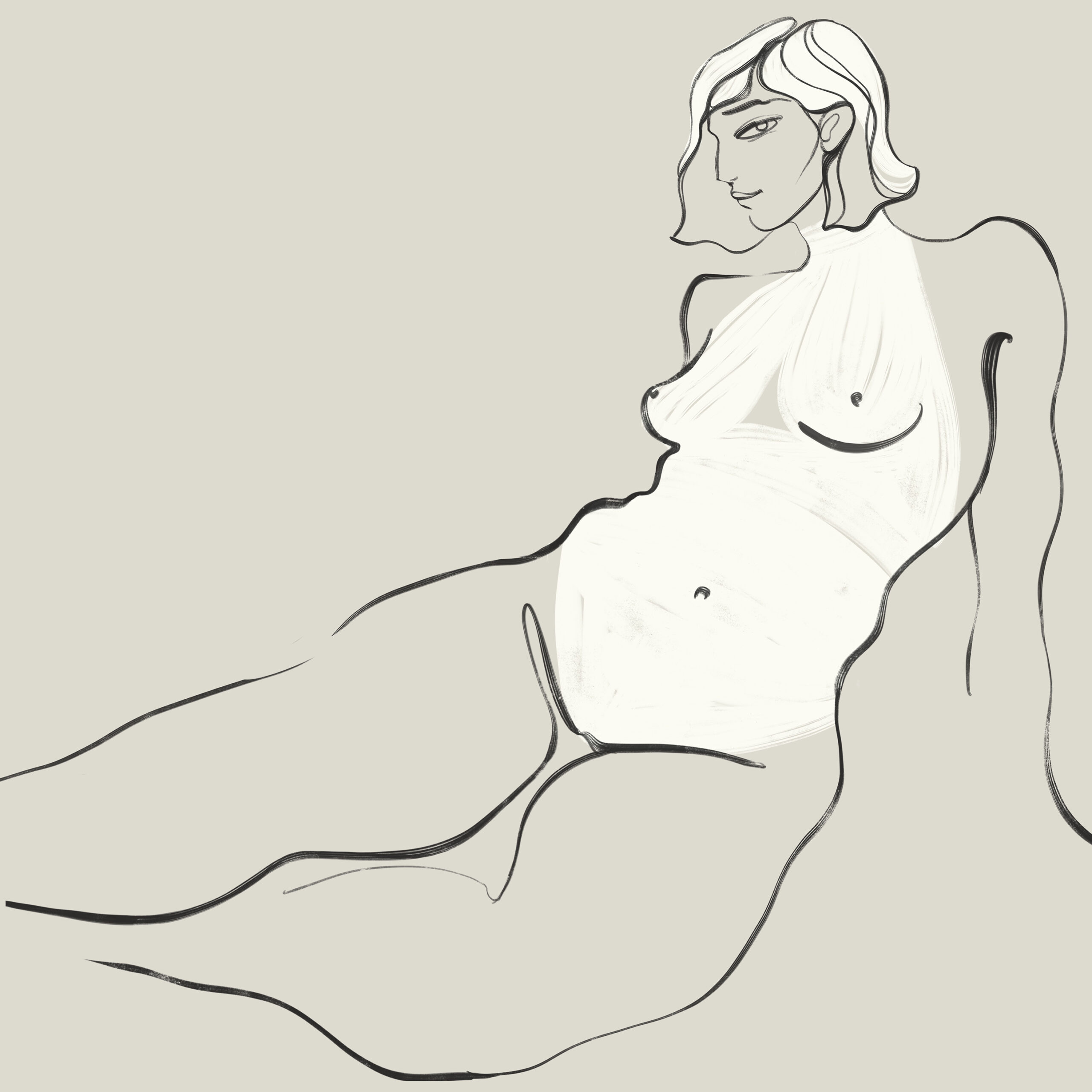
Close
Enquiry
Please see contact information below or complete the form and we will get in touch with you.

Parsons Green
3rd Floor Brigade House
8 Parsons Green
London
SW6 4TN

Queen's Park
2nd Floor
105-109 Salusbury Road
London
NW6 6RG

Jesse's House
8-10 Heathmans Road
Parsons Green
London
SW6 4TJ
Bladder Dysfunction Explained

Urinary Incontinence
Up to 7 million people in the UK suffer from some degree of incontinence.
- Stress incontinence is urine leaking on an activity that increases intra-abdominal pressure such as coughing, sneezing, laughing, lifting, or exercising.
- Urge incontinence can also be called an overactive bladder. You may feel the feeling of urgency to rush to the toilet, with some leaking; urinating more often than usual; waking more than once a night to urinate and leaking urine while asleep.
There are many different causes of urinary incontinence, and the great news is incontinence can be treated and cured in many cases.
Depending on the type of urinary incontinence you are experiencing our specialist pelvic health physiotherapist might:
- provide advice regarding specific lifestyle changes
- provide education regarding good bladder and bowel habits
- ask you to complete a bladder diary to help to determine if bladder retraining is necessary. In particular women with urge incontinence may need to learn urge suppression with control techniques to reduce the sensation of urgency. You may also need to void at specific intervals to train the bladder to give correct signals of fullness.
- provide you with a personalised exercise program that will help keep your bowel empty
- recommend that you use weights, support pessaries, electrical stimulation, or biofeedback, in addition to your other methods of management
Overactive Bladder
Overactive bladder (OAB) can cause frequent urges to pass urine. You may feel the feeling of urgency to rush to the toilet, with some leaking; urinating more often than usual; waking more than once a night to urinate and leaking urine while asleep.
The great news is that an overactive bladder can be treated and cured in many cases.
Depending on your clinical presentation, your specialist pelvic health physiotherapist can assist might:
- provide advice regarding specific lifestyle changes
- provide education regarding good bladder and bowel habits
- ask you to complete a bladder diary to help to determine if bladder retraining is necessary. In particular women with urge incontinence may need to learn urge suppression with control techniques to reduce the sensation of urgency. You may also need to void at specific intervals to train the bladder to give correct signals of fullness.
- provide you with a personalised exercise program that will help keep your bowel empty
- recommend that you use weights, support pessaries, electrical stimulation, or biofeedback, in addition to your other methods of management

